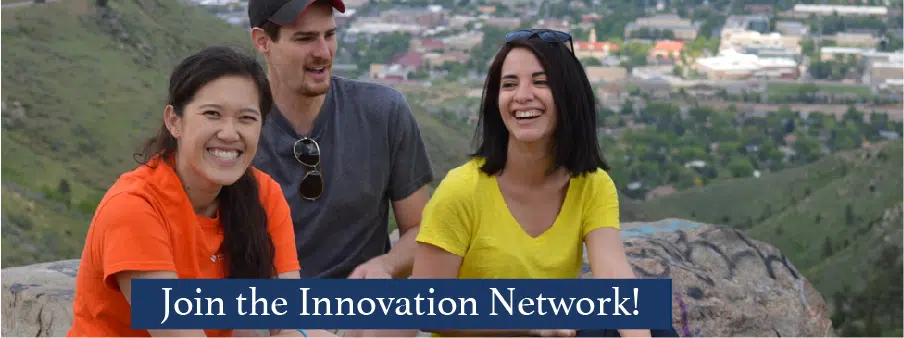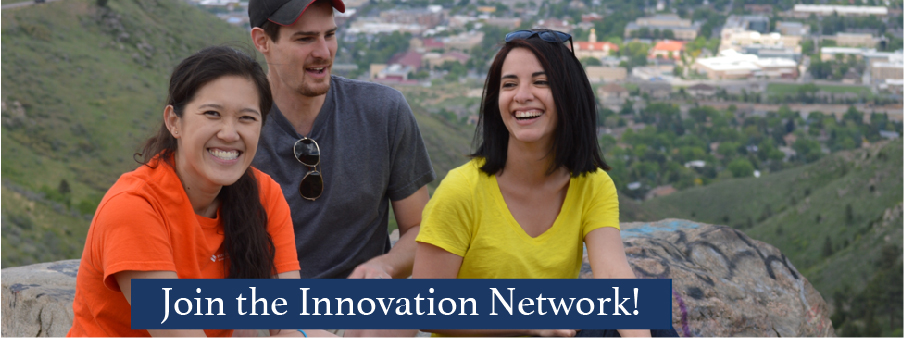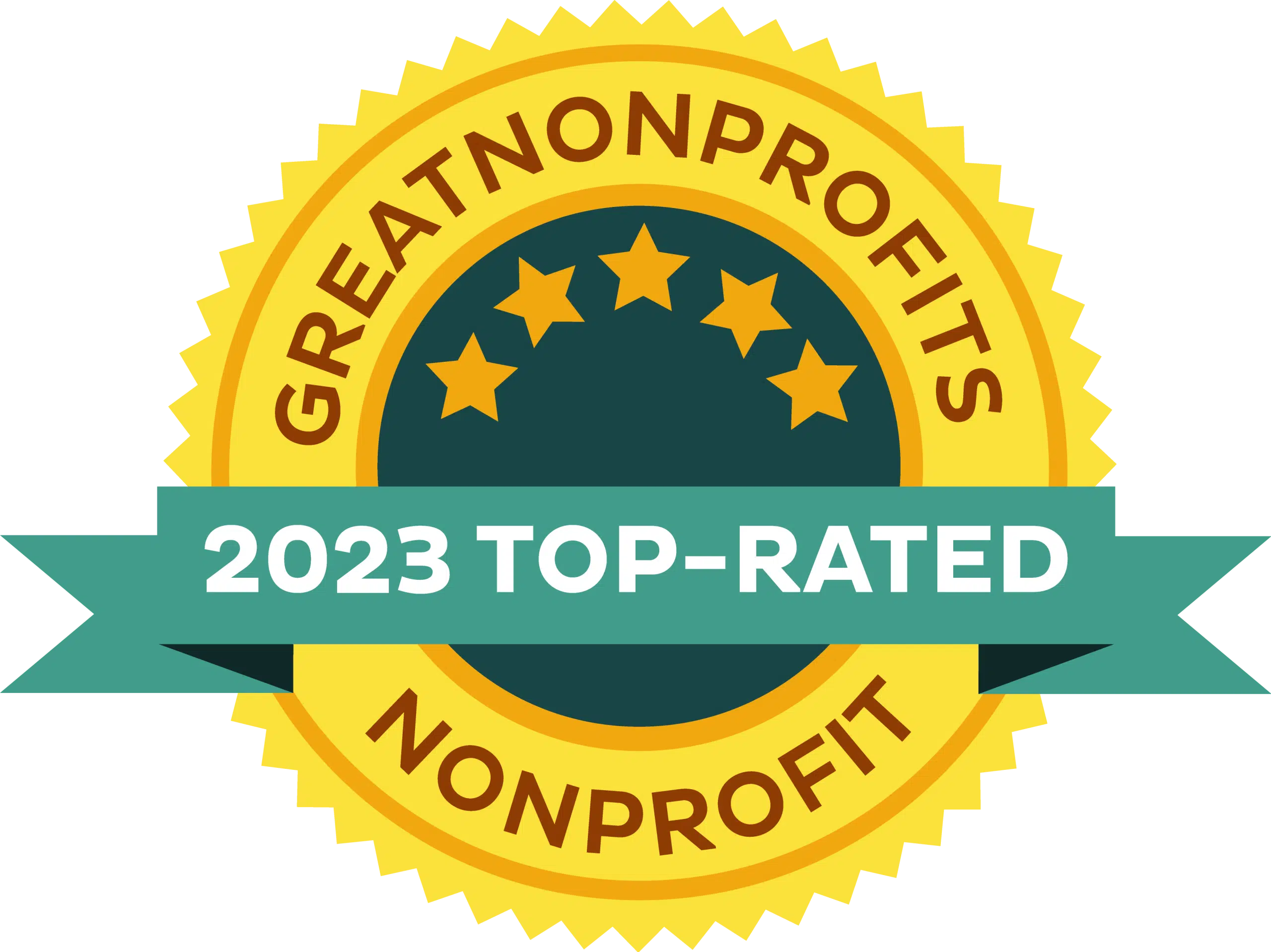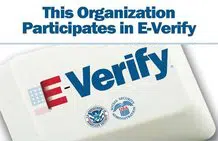Thanks to major support from Colombia’s Servicio Nacional de Aprendizaje (SENA), Department of Science, Technology and Innovation (Colciencias), and the Higher Education Agency of Medellín (Sapiencia) and the U.S. Department of State, 13 grants were awarded to fund proposals from 27 U.S. and Colombian institutions. These grants will aid collaborative research and education in fields ranging from Software Engineering and Industrial Agriculture to Environmental Sustainability and Public Health Systems.
Also announced were the winners from The Marlene M. Johnson Innovation Challenge for U.S.-Cuba, Caribbean, and Central American Academic Mobility. Supported by NAFSA: Association for International Educators and the CAF-Development Bank of Latin America, 14 grants were awarded to partnerships between 38 institutions. Six grants went to fund programs in Cuba, which will create exciting opportunities for students to study comparative public health care and education systems, while 8 grants went to programs throughout Central America and the Caribbean that will enable students to continue their studies abroad in the areas of agriculture, environmental sciences, and hospitality and tourism.
The 11 winners of this year’s Capacity Building Grant for US Undergraduate Study Abroad were recently announced as well, with support from the U.S. Department of State’s USA Study Abroad program. Intended to diversify the fields of study, student population, and destinations represented in US study abroad, these proposals spanned the world, including institutions from Latin America, Africa, Asia, and the Middle East.
By providing funding directly to U.S. higher education institutions, we believe we can develop lasting partnerships between American institutions and those abroad. The proposals we fund bring in a diverse array of stakeholders, including: volunteers, students, faculty, governments, and businesses, as well as the institutions themselves. By building local coalitions dedicated to increasing academic exchanges and training opportunities for students, we create durable routes for the transfer of learning and information, and develop the ability and power to tackle difficult challenges, like building low-cost prostheses for disabled children, or finding low-impact methods of extracting natural resources.
We can’t do this alone. That’s why we invite you and your institution to apply for one of our upcoming study abroad grant competitions. Help us help you expand international education!





